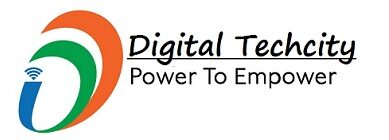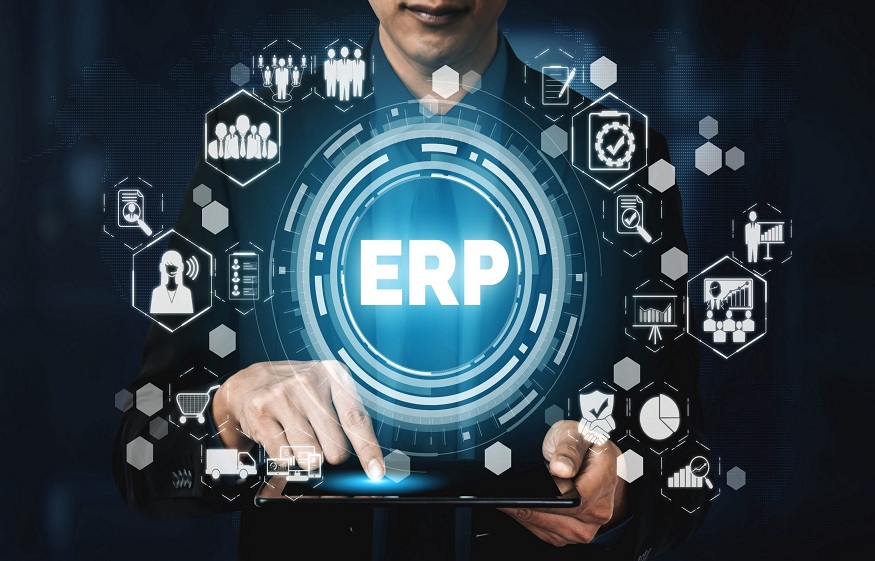If you’ve been wondering if it’s time to get an ERP system for your business, take a moment to think about all the processes that are necessary for your business to run. This will help you decide if now the right time to invest is or not.
Does your business work as well as it should in all areas, such as order or inventory management, bookkeeping, customer relationship management, and other areas? Do you rely on your best judgment or data when making sales projections? You spend too much time on administrative work and other back-office tasks, right?
In other words, an ERP system, which is also called an enterprise resource planning system, can combine all of the main business processes into a single, all-encompassing answer.
This makes things run more smoothly and makes it easier for everyone in the company to keep track of and share information.
Here are some signs that your company may need to start
Lack of centralized processes
When employees use one software system to track, record, and process information while the accounting team uses a different software system for the same tasks, it is hard to “stay on the same page.”
Businesses need a central point of contact and a single place to store information in order to save time and energy that would otherwise be wasted going back and forth between different tools and applications.
When you have a lot of front- and back-end systems, decentralizing the processes makes it more likely that something will go wrong or not work as well as it should.
When you centralize all of your processes into an ERP system, it helps you make sense of everything by connecting all of the dots. Since the system updates in real time, it gives you the most up-to-date information from all of the departments.
If you don’t have the appropriate information, your inventory could go bad and have a negative impact on a variety of aspects of your business, including your finances, marketing, and sales.
ERP puts everything in one place, making it easy to find the information you need and giving you up-to-date information at the same time.
It takes forever to retrieve needed information
If someone asked you about the typical profit margin of your company’s sales, how long do you think it would take you to answer?
What should you do if someone asks you about key performance indicators (KPIs) and other complicated measurements, like “sales until date” and “volume of orders per day”?
If you run a business that relies on spreadsheets and compartmentalized systems that need to be constantly monitored and changed, it’s likely that it will take you a long time to give an answer.
If your business isn’t moving at the speed of light, you’re missing out on chances to make money in today’s market. Your employees should be able to get to the important information they need quickly and without having to look for it in different places.
An enterprise resource planning (ERP) system gives users a big-picture view of their whole business whenever they need it. Staff employees have access to the right information at the right time so that they can do their jobs in an efficient and effective way.
Let’s take the case of a customer who asked for a full record of all their transactions. A helpful ERP system lets a sales representative look up the client’s history without making the customer wait, which can lead to a drop in CSR (Customer Satisfaction Ratio).
Accounting is time-consuming and complicated
After a company puts in place an ERP software system, the first department to see big changes is the accounting department.
Sales orders and invoices used to be sent on paper, but that was a long time ago. It doesn’t make sense to spend hours of the day moving information from paper to an online system by hand.
The amount of time that is wasted on these tasks is pointless and causes a lot of lost productivity and possible income.
What would take a person several hours to do can be done in a few seconds by an enterprise resource planning (ERP) system?
Think about how much time a business could save if it could set its accounting processes to run on autopilot and then use that extra time to do something useful.
Tedious financial reporting
This point is like the one that was already made. It doesn’t make sense to spend hours putting together accounting information, just like it doesn’t make sense to spend hours making financial reports when there is a simpler and more effective way to do it.
If it takes your finance department forever to reconcile and combine data from multiple spreadsheets and other software systems, implementing an ERP solution will help your department in a huge way.
Your accounting team shouldn’t have to spend hours retyping numbers, matching up data and cross-posting information by hand. Give them the tools they need so they can do their jobs better. ERP stores all of the important financial information and other information in a single database.
The staff can prepare, extract, and put together critical reports, which they can then send out in a proactive and useful way.
Sinking CSR and bottom line
When an organization is small, it might be easier to keep track of its stock. But as the business grows, things get a lot harder.
To keep your business running smoothly, you need a system that can keep track of whether you have the right amount of products at the right time and in the right place.
When data like sales, customers, and inventories are kept in separate silos, cross-functional problems can happen. If the supply runs out all of a sudden and it takes a while for the next shipment to arrive, sales stop.
When a customer asks a sales representative about the status of their shipment or if a product is available, and the sales representative is unable to provide a prompt answer, it reflects poorly on the company as a whole and reduces the CSR’s performance to a lower level.
An ERP system keeps all departments on the same page by giving everyone access to the same information so that there are no differences in the middle.
Representatives who work in customer service can answer customers’ questions about the status of their orders and shipments as well as other service-related questions without having to ask for help from other departments.
Many ERP systems let customers check on the status of their orders by logging into their accounts online. This means that customers no longer need to talk to customer service representatives. In the meantime, the people in charge of managing inventory can see that the number of products in stock is going down and reorder more to meet customer demand.
Complicated IT processes
If the IT department has to manage different systems in different parts of the company, it could be a nightmare. They have to personalize, integrate, and manage each part on its own, and they have to keep updating the system. All of this can make things more complicated, cost a lot of money, and waste the time and resources of employees, among other things.
System upgrades by themselves can sometimes cause more problems than they solve. As we just talked about, the upgrades will take a lot of time and money. You should ask yourself, “Is it worth all the trouble?”
If any of the above situations sound familiar to you, it’s time to switch to an ERP system, which is a smarter alternative. Don’t let your business become one of those that uses software versions that are no longer supported.
Final words
An ERP system costs a lot of money. So, because of how much it costs, many businesses use it for a long time without replacing it.
But this isn’t usually a good idea because the cost of getting a new one will be much less than the long-term costs of using an ERP system that is out of date and doesn’t work well.
Remember the clear signs we’ve talked about in this article so you’ll know when to get a new ERP system.

